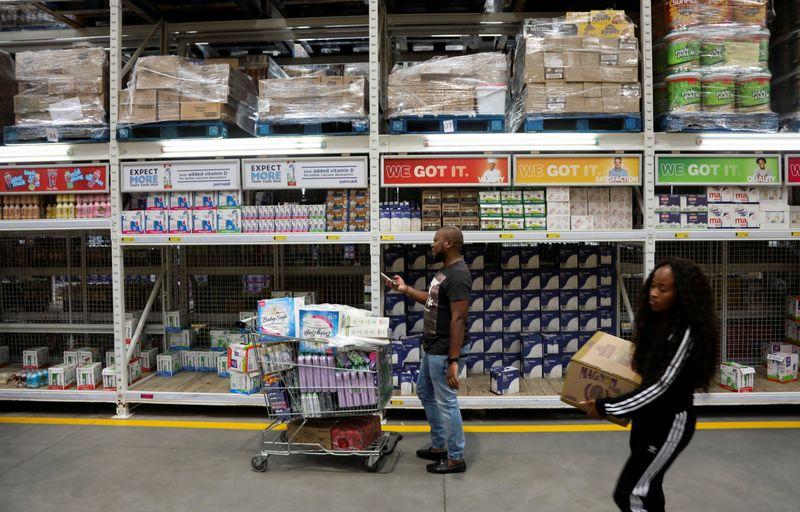
African consumers surprised by sudden rise in food prices
In Kigali, Jean Marie Mutsinzi often shops at the Kimironko market, among the largest of Rwanda’s capital. He said he was caught by surprise by the rapid rise of prices.

Gulf-Times
“The food I was buying last week at RWF1500 (US $2), increased by more than RWF1000 and this is a problem for the people,” He told reporters with Deutsche Welles added that the same is happening everywhere in the country, as he has learned from relatives.
Teddy Kaberuka, an economist based in Kigali, says the price hike is due to a number of reasons. Sellers are trying to profit from the crisis. There is also an increase in demand owing to panic-buying by people who don’t know what tomorrow will bring. “Thirdly, it is connected to the global trade environment. Many commodities come from China and since the Chinese market was heavily affected since the beginning of the year, traders don’t travel to China anymore,” Kaberuka said.
Rwanda’s government was quick to act. Late on Monday, the trade ministry fixed prices for 17 food items including rice, sugar and cooking oil. But it did not specify punishments for price-gouging.
In Kenya, authorities so far have relied on appeals to traders to curb speculation. Health Cabinet Secretary Mutahi Kagwe said that “this is not the time to make abnormal profits.” The Competition Authority of Kenya also warned traders against hoarding goods, threatening them with steep penalties. But the Kenyan government has set no limits on food prices. After the first coronavirus case was reported in the country last Friday, there was a rush to the shops in the capital Nairobi.
Magdalene Mwikali saw the prices rise for products that are now scarce.
“Kenya being dependent on imports from China and other Asian countries, we have started to feel the impact of coronavirus with disruption to the supply chain,”
Gumato Dorcase, another Nairobi resident, is worried too. “The shops are empty. We are also wondering about the availability of sanitizers in the village where our relatives are,” he said, wondering whether the government was going to intervene.
Following the outbreak of the new coronavirus, prices have also sharply increased in Ghana. Panicked citizens, in a rush to stock up, went on a shopping spree, resulting in steep price hikes of over 100% for some products. But outside of appealing to traders’ good will, the government has not taken any measures yet to keep prices stable.
Economist Gordon Abeka Nkrumah says the situation will likely worsen since “Ghanaian traders are now relying on stocks that are already there. But if the virus is not contained and we push on, in five or six months we may really get to see the heat.” Factories in Ghana may have to shut down, laying off workers and adding to a shortage of supplies, which would then lead to more price hikes.






